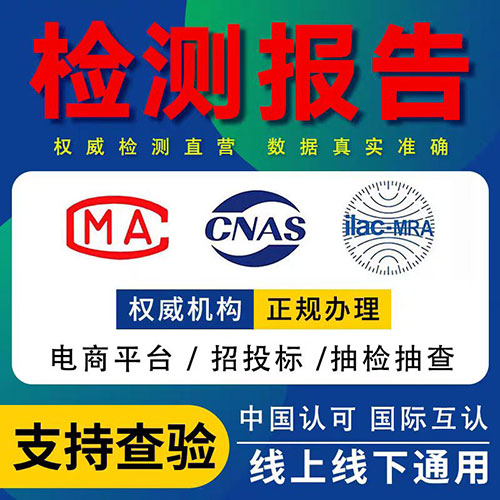rohs保证书英文
What is a ROHS Certificate?
A ROHS (Restriction of Hazardous Substances) Certificate is a document issued to manufacturers, suppliers, and exporters who comply with the ROHS directive. The directive restricts the use of hazardous substances in electronic and electrical equipment, including lead, cadmium, mercury, hexavalent chromium, polybrominated biphenyls, and polybrominated diphenyl ethers. The certificate shows that the product is free from these harmful substances and is safe to use.
Why is a ROHS Certificate Important?
ROHS certification is crucial for manufacturers, suppliers, and exporters who produce or sell electronic and electrical equipment. The certificate ensures that the products they manufacture or supply meet the regulatory requirements and are safe for the environment and human health. A ROHS certificate also helps companies to protect their brand reputation and avoid legal and financial penalties for non-compliance.
How to Obtain a ROHS Certificate?
To obtain a ROHS certificate, a manufacturer must ensure that their products comply with the ROHS directive by conducting tests and inspections. The tests must be conducted by an accredited third-party testing laboratory. The testing laboratory will issue a test report that includes all the information required for the ROHS certificate. Once the manufacturer receives the test report, they can apply for a ROHS certificate from a certification body.
Benefits of Having a ROHS Certificate
Having a ROHS certificate has several benefits for manufacturers and suppliers. Firstly, it ensures that the products they manufacture or supply meet the regulatory requirements and are safe for the environment and human health. Secondly, it helps companies to access international markets and customers who require ROHS compliant products. Thirdly, it demonstrates the company's commitment to environmental sustainability and social responsibility. Lastly, it helps to protect the company's brand reputation and avoid legal and financial penalties for non-compliance.
ROHS Certificate vs. REACH Certificate
ROHS and REACH (Registration, Evaluation, Authorization, and Restriction of Chemicals) are two regulatory frameworks that govern the use of hazardous substances in products. While the ROHS directive restricts the use of specific hazardous substances in electronic and electrical equipment, REACH covers a broader range of products and substances. REACH applies to the production and use of all chemicals, including those used in non-electronic products. Therefore, a REACH certificate is necessary for products that contain hazardous chemicals, while a ROHS certificate is required for products that contain hazardous substances listed in the ROHS directive.
Conclusion
In conclusion, a ROHS certificate is a vital document that demonstrates a manufacturer's compliance with the ROHS directive and ensures the safety of their products for the environment and human health. Obtaining a certificate requires conducting tests and inspections by an accredited third-party testing laboratory and applying for certification from a certification body. Having a ROHS certificate has several benefits, including meeting regulatory requirements, accessing international markets, and demonstrating the company's commitment to environmental sustainability. It's essential to note that ROHS certification is not the same as REACH certification, and companies must obtain the appropriate certificate for their products.


 有样品要送检?试试一键送检,15分钟极速响应
有样品要送检?试试一键送检,15分钟极速响应



